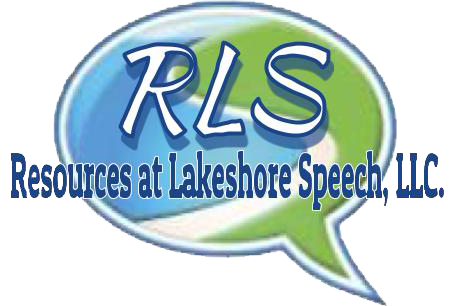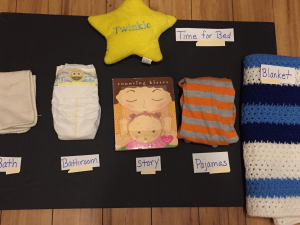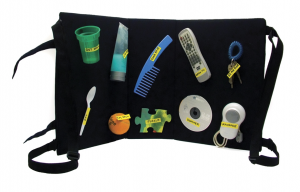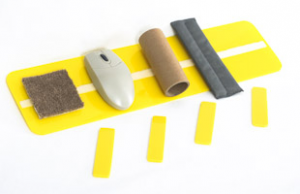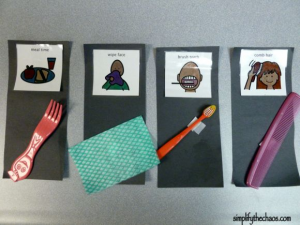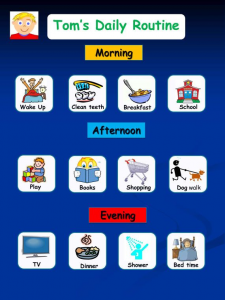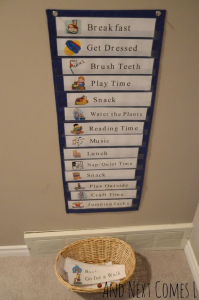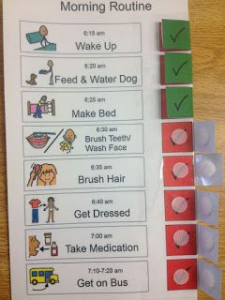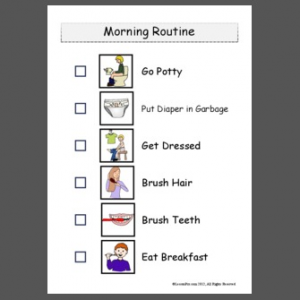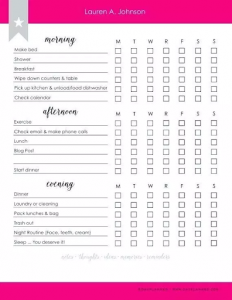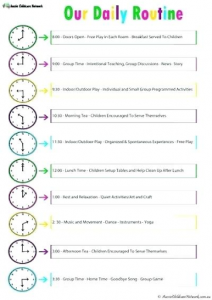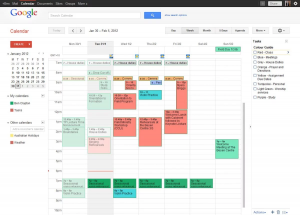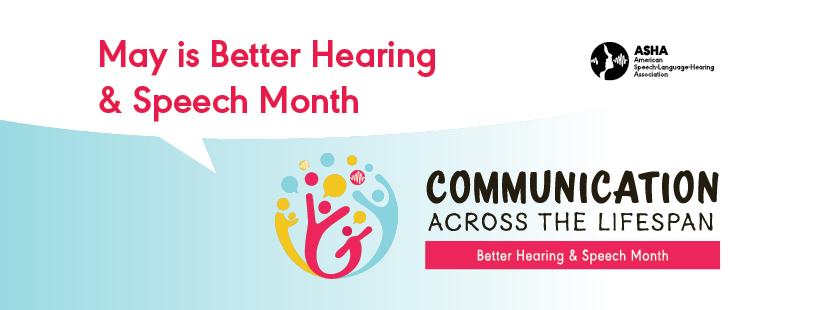We’ve shared the idea of “practice makes permanent’ in previous posts. This technique is ever important when preparing for an evening of ghosts and goblins and candy acquisition – aka, Halloween. You may think it’s too early and there are so many days to prepare before the end of the month, however we all know how quickly the days fly.
Practicing for an evening of trick-or-treating does not have to look like ‘practice’ or be announced as such. Take a walk on the trick-or-treat route you intend to follow during the day. Make sure to point out various landmarks as well as the changes (different decorations, leaves falling off the trees, etc.). Expand that practice walking the route as it begins to get dark, note the street lights turning on as well as pointing out how the houses may look different, but are the same during the day or night. If your loved one enjoys a good map, make a map of your route and fill in the landmarks together.
As the day draws closer, practice trick or treating from room to room in your house. Close the bathroom door and have your loved on practice trick-or-treating for toothpaste or a toothbrush. While it sounds silly, it’s a safe non-pressured way to practice this exchange as well as gives you a marker for future experiences (“Remember how we did this at home for toothpaste?”). Trick-or-Treating for everyday items (ie: while getting dressed or cleaning a room) may also be the ticket for ‘fun’ buy in for a less enjoyable activity.
Share with neighbors and family the ‘practice makes permanent’ theory and request a practice time that is more similar to the actual event. While your loved one may need a few rounds of practice, it will soon make sense how the exchange of events will occur and the pay-off is well worth the time invested in practicing. Note: the pay-off does not necessarily need to be candy. While candy may be a delight and preferred, practicing these skills can result in the acquisition of other items not necessarily of the sugar food group sort.
A final round of practice making permanent may be partaking in some of indoor or less conventional trick or treat options in the area. Here are a few links that may help in planning these practice sessions:
- Family-Friendly Halloween & Fall Events in Northeast Ohio
- The Best Kid-Friendly (Non-Scary) Halloween Events in Northeast Ohio
We’ve said it once and we’ll say it again, practice makes permanent which can significantly decrease unexpected behaviors which creates a less stressful situation for EVERYONE to enjoy!
Yours in Speech,
Lakeshore Speech Therapy, LLC

